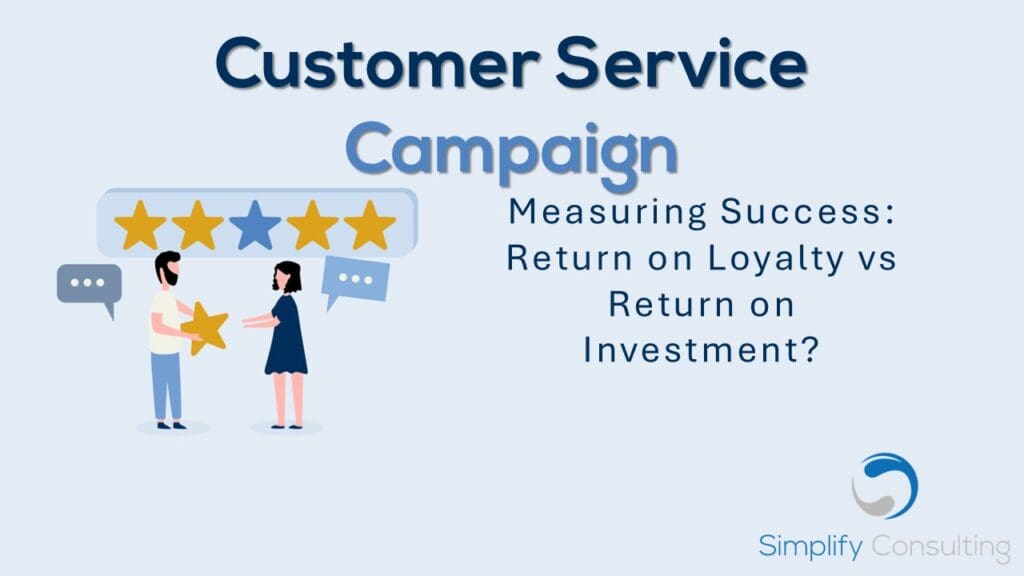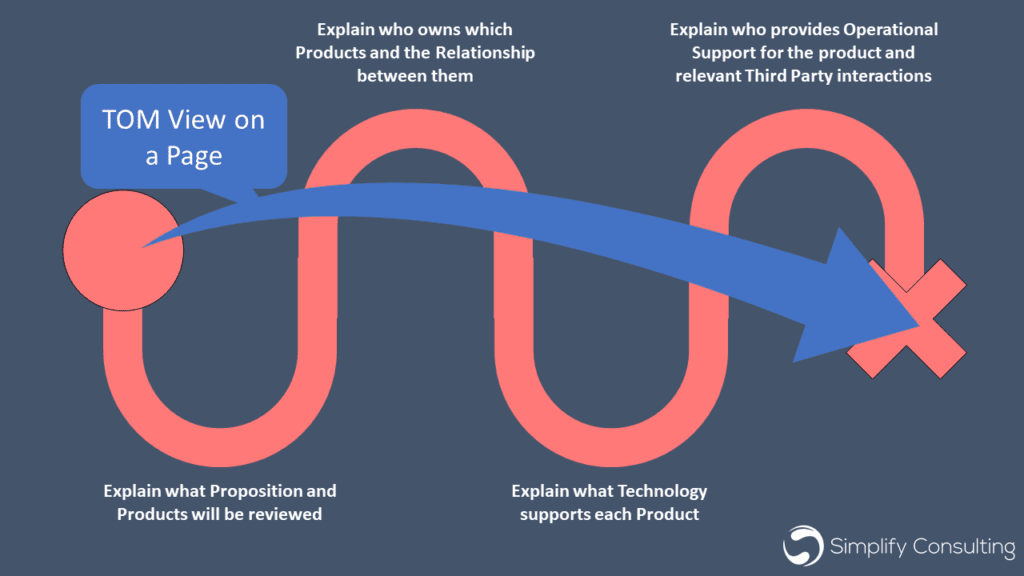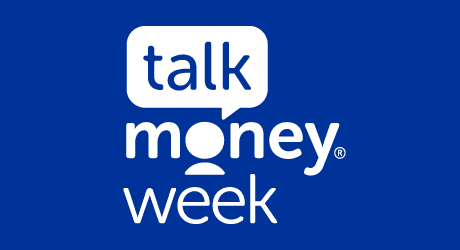
Is Wealth Ready for the Return of Interest Rates?
The UK is currently experiencing the highest inflation in the G7, with CPI reaching 9.1% in May, and forecast to rise even higher, potentially to 11% later in 2022. After, what many have called a slow reaction, The Bank of England’s Monetary Policy Committee (MPC) has now set the base rate at 1.25%. As its mandate is to ensure that inflation remains within 1% of the CPI target of 2%, it would be safe to assume that further interest rises are likely in 2022 and 2023, potentially up to peaks of around 3%. Whilst some forecasts have interest rates dropping back down once inflation begins to fall, others are predicting that this could be the end of the ultra-low rates that have been in place since 2009.
What does this mean for wealth management propositions that have become accustomed to an ultra-low interest rate environment? I have been involved in projects over the last 10 years where the idea of future proofing the client solution has needed to be highlighted to businesses. I now wonder how many new or enhanced propositions or systems delivered in the last few years, have not been tested against the backdrop of rising interest rates?
There are three key areas worth exploring here that wealth managers might want to consider:
The need to compete with cash as an investment choice
Since 2009, cash holdings have really been out of vogue, with traditional savers feeling the pinch of ultra-low interest rates and a lack of return on cash as a result. This remains true in the short term as inflation outstrips interest rates significantly, but this inflation rate may reduce, and interest rates may remain at a new, higher normal rate. For savers, the question of where cash should be held will become more important. Cash, which for the last few years, will have flowed from cash ISAs providing a return of next to nothing, into stocks and shares ISAs with better growth prospects, may start to return back to cash accounts that will pay interest without equity risk. This will be especially true of products which permit uninvested cash to be held, which for the last few years won’t have been threatened by other cash products paying interest. However, they may need to consider offering interest on uninvested cash now or risk losing it to a product which does, or it may never return!
The current volatility in the markets, and the likely prospect of a recession in the second half of 2022 will also be the first real test for those new investors which have opened accounts since 2020. Their reaction to difficult market conditions is difficult to predict, and wealth management may need to find the right way to communicate with them and help them through the next few months. We have seen the rapid reduction in Bitcoin over the last few weeks, coupled with the US entering bear market territory, with the UK possibly close behind, may all make a return to cash feel like the smart move to many rookie investors. Wealth Management and Financial Advisers will need to find a way of identifying and communicating effectively with these investors and guide them through the current turmoil and allow them to make the right decisions for them.
In addition, wealth managers may need to consider, once inflation has returned to more manageable levels, how the balance of their portfolios need to adapt. There may be justification for an increase in the cash weighting of portfolios, depending on the investment objectives, and investor goals. This return of higher interest rates could be welcome news for older investors seeking income and low risk investments at, or near to retirement.
The ability to pay interest on uninvested cash (where permitted)
The landscape of wealth has changed considerably in the last decade. The consideration of interest rate hikes when developing new systems, upgrading old ones as well as launching new products and propositions has been de-prioritised. While this might have been a correct decision at the time, the can has simply been kicked down the road. As we see the potential of higher interest rates on the horizon, now is the right time to consider whether any action is required from hereon in. For some wealth management businesses, this may be simple configuration, but for others, it could mean new functionality, with the need for system re-builds. In most circumstances, at the very least, some testing will be required to ensure that any existing functionality is still working and compatible with other system changes which have taken place since interest rates were last used.
To exasperate the problem, businesses will need to look closely at their plans for business investment, and factor in higher interest rates to their plans. Business cases as a result will need to tighten and focus on delivering benefits for the business to justify any budget for change.
Ensuring that the bank accounts and product terms are set up correctly and are compliant against CASS rules
When considering these potential changes, it is also important to ensure that regulatory requirements are met, in particular, the CASS Client Money rules. Where client cash bank accounts have been set up to pay interest then this must be paid to the customer, unless the product literature expressly confirms that this will not be paid. There are a few things to consider:
- Have all bank accounts been set up correctly, either to pay interest or not? If they are not set up to pay interest, then is this the correct decision? Or would it be preferable to get the interest in any deposit account and pass it on to the customer?
- If the accounts do pay interest, then is the system set up to pass this on to the customer? (see above). Or if it won’t be passed on, then are the terms and agreements with the customer included so as to be compliant?
- If interest is expected, then are the bank accounts set up to maximise the interest?
- For those that are not bound by client money rules, and have sufficient cash available to benefit the business, have the accounts been set up correctly to take advantage of higher interest rates? Is this understood in the business case and potential revenue for the business?
Whilst it may seem that this still seems a hypothetical problem, we have seen how quickly things can change. With an unpredictable economic outlook, it would be prudent to review how interest rates will affect wealth products and make sure that wealth is prepared with a clear strategy for change if, or when, we do see some real movement at the Bank of England.

Dom House
Lead Consultant













































































































































































































